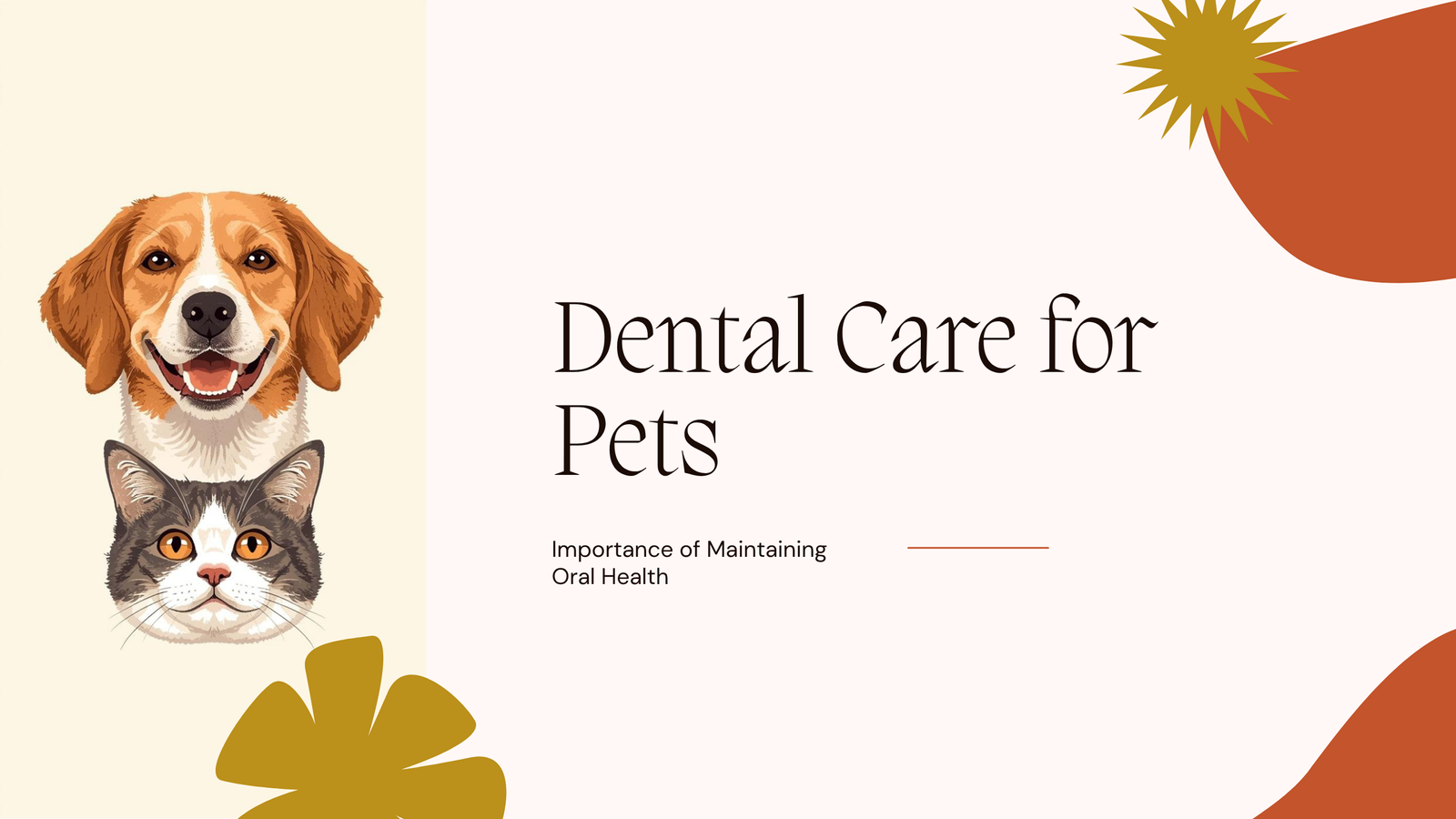Cats are perhaps the cutest animals around – and the countless pictures of them shared every day over the internet are excellent proof of their adorability. However, every cat owner must look after their feline family members and ensure that they are n the best of their health. Knowing common cat health problems and how to identify them can be helpful in this regard. That is precisely what you can expect to learn in this blog.
Common cat health problems every cat owner should learn to identify
Let’s consider some common cat issues:
1. Obesity
Obesity often renders cats more prone to several health problems, including diabetes, heart disease, and joint issues. It is also the most common health problem in many popular cat breeds due to their naturally lazy attitudes and neglect by owners.
Identification: You can easily identify by merely observing. If your cat’s ribs are not visible or can’t be felt with a hand, then chances are your cat is obese. We also recommend using specialized weighing instruments to weigh your cat and keeping an eye on changes periodically. This can also be done on periodic veterinary checkups. If you observe weight gain (that can’t be explained by typical growth patterns), you must try to adjust the diet accordingly.
2. Dental Diseases
Much like any other animal with teeth, cats can develop dental problems, including periodontal disease, tooth decay, and gum inflammation. Neglecting dental care can often lead to pain, difficulty eating, and, in some cases, systemic infections.
Identification: Your cat’s mouth might start producing a foul smell. Some other signs include drooling, difficulty eating, swollen gums, or discolored teeth. We recommend consulting a veterinarian if you notice any dental issues.
3. Parasites
Parasites can be a source of many common cat health problems. These parasites can be both internal parasites like worms (including roundworms, hookworms, and tapeworms) and external parasites like fleas and ticks. These can cause several health issues, including discomfort, skin irritation, anemia, and transmitted diseases.
Identification: Visible changes in skin, discomfort, vomiting, diarrhea, weakness, weight loss, etc., are some of the common symptoms suggesting a cat might be affected by parasites. Please note that the symptoms may vary depending on the parasite in question.
4. Urinary Tract Disease
Cats, especially male cats, are susceptible to many urinary tract issues like urinary tract infections, bladder stones, and FLUTD (Feline Lower Urinary Tract Disease).
Identification – Symptoms include:
- Frequent urination.
- Straining to urinate.
- Urinary accidents outside the litter box.
- Blood in the urine.
Paying attention to the litter boxes is thus a crucial part of vigilance against Urinary Tract Disease. If your cat is drinking significantly more or less water than usual, it too can indicate urinary tract issues. Consult a veterinarian if you notice any of these signs.
5. Kidney Disease
Chronic kidney disease is a common health problem in many older cats. The disease often results in decreased kidney function, leading to issues with waste elimination, dehydration, and electrolyte imbalances.
Identification: Waste elimination issues, weakness, lethargy, etc., are common signs of chronic kidney disease. If your cat seems to be facing this issue, you must see a veterinarian about it.
6. Diabetes
Diabetes mellitus is one of the most common cat health issues. Cats can develop this condition in which the body cannot regulate blood sugar levels properly.
Identification: Common symptoms include increased thirst, excessive urination, weight loss, and lethargy. If you believe your cat has diabetes, a veterinarian must be consulted for not only medication but also to make desirable dietary changes.
7. Respiratory Infections
Cats can also be prone to contracting upper respiratory infections. Viruses or bacteria, such as feline herpesvirus or feline calicivirus, can cause these infections.
Identification: Common symptoms include sneezing, coughing, nasal discharge, and fever. It would be best if you learned to monitor your cat’s breathing. If there are any noticeable changes like labored breathing, rapid breathing, or coughing, you should consult a veterinarian.
8. Feline Leukemia Virus (FeLV) and Feline Immunodeficiency Virus (FIV)
These are common viral infections that your cat might be prone to. They attack and weaken the immune system, making cats vulnerable to various diseases and infections.
Identification: Though these infections might not show in symptoms themselves, your cat might start feeling sick more often. Regular veterinarian checkups are the best way of identifying this problem in time.
9. Hyperthyroidism
Hyperthyroidism is a common health condition. It occurs when the thyroid gland produces an excessive amount of thyroid hormone.
Identification: Common symptoms of hyperthyroidism include weight loss, increased appetite, restlessness, and hyperactivity.
10. Cancer
Cats are also prone to many types of cancer, including lymphoma, mammary tumors, and skin cancer.
Identification – The symptoms depend on the type and location of the tumor. Regular veterinary checkups are essential for measuring in identifying many such issues in time.
Other common symptoms indicating cat health problems
Here are some other common symptoms to watch for in your cat, as they might be indicators of common health issues in them:
- Sudden weight gain or loss
- Behavioral changes. These include inexplicable lethargy, excessive vocalization, hiding, or withdrawal.
- Significant changes in their dietary habits
- Changes in grooming behavior, such as excessive licking, hair loss, or matted fur, may indicate skin problems, allergies, or pain.
- Reluctance to move, stiffness, limping, difficulty jumping, etc. These mobility issues might be signs of joint issues or musculoskeletal problems.
The Bottom Line
We hope that reading this article shall help you identify common cat health issues. Needless to say, many of these symptoms can only be noticed if you spend time with your cat and take care of it. If you suspect your feline baby has any health issues, it’s best to consult with a veterinarian for a proper diagnosis and treatment. It must be remarked that this is not an exclusive list, and cats might be susceptible many other issues. Regular veterinary checkups, a balanced diet, exercise, regular grooming, and good hygiene can help prevent and manage many cat health problems. With these measures, we hope that you will be able to protect your cat from common health issues, ensuring a long and healthy life for the same. 😊







